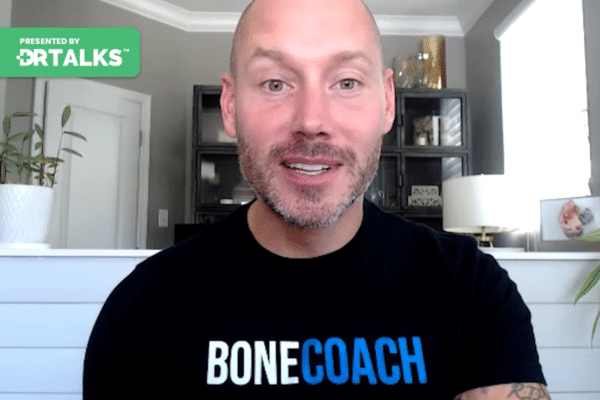Topic
Osteoporosis
Osteoporosis is a medical condition characterized by the progressive loss of bone density and deterioration of bone tissue, making bones weak, brittle, and prone to fractures. It primarily affects older individuals, particularly postmenopausal women, but can also occur in men and younger individuals due to certain factors like hormonal imbalances, vitamin deficiencies, and certain medications. Osteoporosis is often referred to as a "silent disease" because it typically progresses without noticeable symptoms until a fracture occurs. Fractures commonly occur in the hip, spine, and wrist. Risk factors for osteoporosis include age, gender, family history, certain medical conditions, low calcium and vitamin D levels, sedentary lifestyle, smoking, and excessive alcohol consumption. Prevention and management of osteoporosis involve lifestyle modifications, adequate calcium and vitamin D intake, weight-bearing exercises, medications to slow bone loss, and fall prevention strategies.
Explore our education library
View AllFree

Kevin Ellis
The Link Between Alzheimer’s & Bone Health: Why You Need To Build Stronger Bones
Reverse Alzheimer's 4.0 Summit
Free

Kevin Ellis
Revitalize Bone Health: Your Path To Lifelong Strength
Silent Killers Summit: Reversing The Root Cause Of Chronic Inflammatory Disease
Premium

Kevin Ellis
Unravel The Mold & Osteoporosis Link
Mold, Mycotoxin, and Chronic Illness Summit 2023
Premium

Kevin Ellis
The Intersection Of Your Gut And Bone Health
Reversing Chronic Gut Conditions Summit 2023
Premium

Margie Bissinger, MS, PT, CHC
Diabetes And Osteoporosis: Unraveling The Link
Reversing Type 2 Diabetes Summit
Premium

Margie Bissinger, MS, PT, CHC
Your Blueprint For Lifelong Strong Bones
Mastering The Meno(Pause) Transition 2.0 Summit





